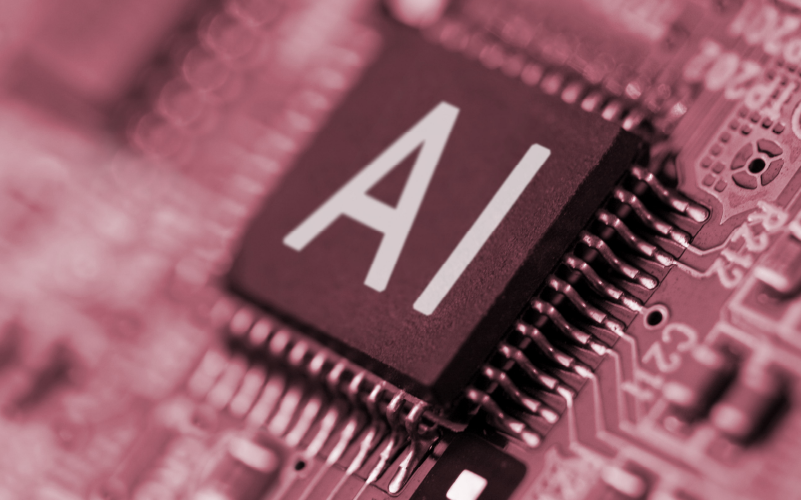Cybersecurity in the Age of AI: Challenges and Opportunities

What is AI?
The term "artificial intelligence" refers to the process by which we create intelligent applications or machines that can think like us and replicate our behavior. At Presidency University, especially in the Presidency School of Computer Science and Engineering, AI is a core area of study and research, shaping the future of technology and its applications.

In What Ways Are Fraudsters Employing AI?
Cybercriminals are, sadly, cruel and inventive. Let's discuss four methods in which they are employing AI to their advantage and how to steer clear of typical frauds. Cybercriminals utilize AI in social engineering strategies to automate many of the methods used in social engineering attacks, as well as to create more personalized and successful messaging to deceive unsuspecting victims. This indicates that cybercriminals are able to carry out fewer attacks in less time and experience a higher success rate.
Word hacking Cybercriminals utilize AI to improve the algorithms they employ to decode watchwords and change the matching hash values. Due to the superior algorithms' ability to guess words faster and more precisely, hackers may now be more successful and lucrative. Cybercriminals may place less emphasis on word hacking as a result of this.
AI may be used to create or replicate the visual or audio material in a way that seems authentic thanks to deep fakes. This encompasses mimicking other beings by employing fake audio and video. Additionally, this manufactured and misleading information can be readily posted online, including on social networking sites, to cause anxiety, terror, or bewilderment among its audience.
How Can Artificial Intelligence Improve Cybersecurity?
The majority of businesses are contributing their efforts to cybersecurity, and AI is revolutionizing nearly every sector. They should strive to address the AI-related challenges to their intellectual property rights, cybersecurity, and association security. Cyber security solutions integrated with AI are capable of breaking down massive amounts of data and identify trends that would have been appropriate for jobs like this. At the Presidency School of CSE, students and researchers explore how AI can transform cybersecurity. Key applications include:
Fewer False Positives:
Cyberattack automation that prioritizes responses based on their real-world shortcomings and produces fewer false positives than human investigation.
Spam & Phishing Detection:
Regularly identifying and flagging spam and suspicious emails and messages that are often used in phishing juggernauts.
Proactive Defense:
Utilizing social engineering threats as a ruse to aid security brigades in identifying underlying weaknesses before cybercriminals can take advantage of them.
By quickly providing massive amounts of incident-related information, security units can swiftly respond to alleviate the situation. AI tools could be helpful. in recognizing and assisting with the break of personal and associative data.
Written by,
Dr. Sampath A.K.
Professor, Presidency School of Computer Science and Engineering













 Rajanukunte, Yelahanka, Bengaluru, Karnataka, Pin: 560119, India
Rajanukunte, Yelahanka, Bengaluru, Karnataka, Pin: 560119, India
 +91 9022092222
+91 9022092222